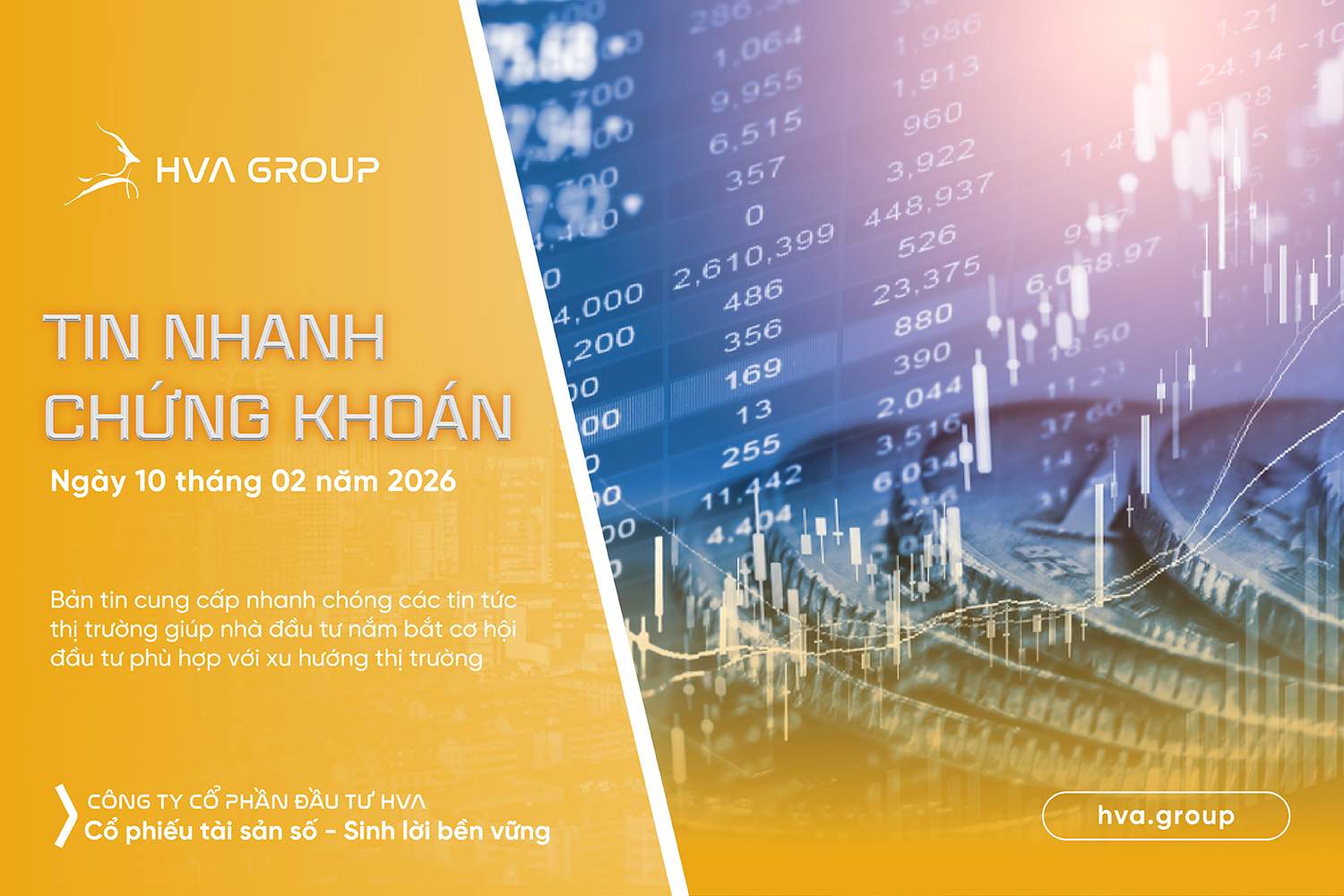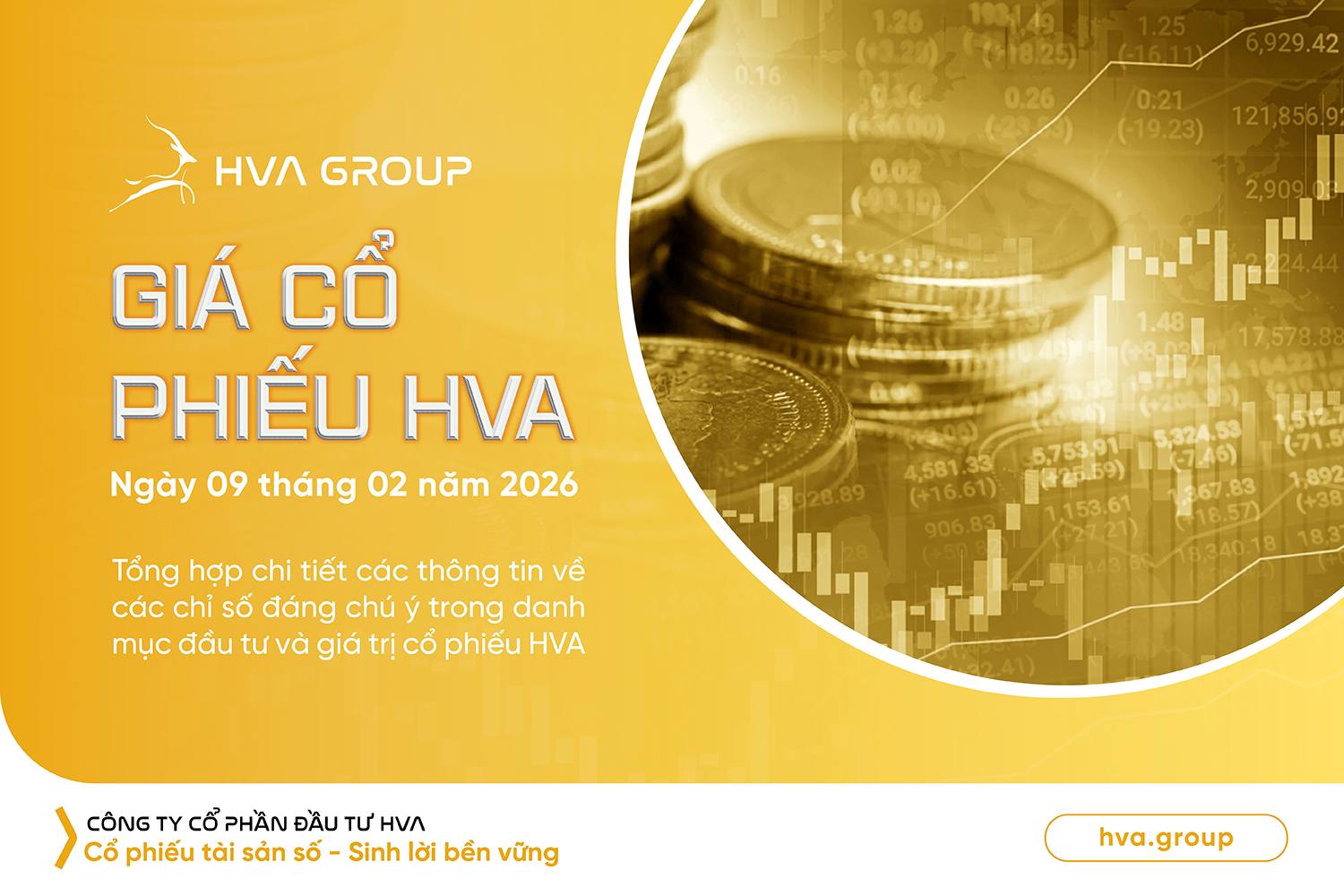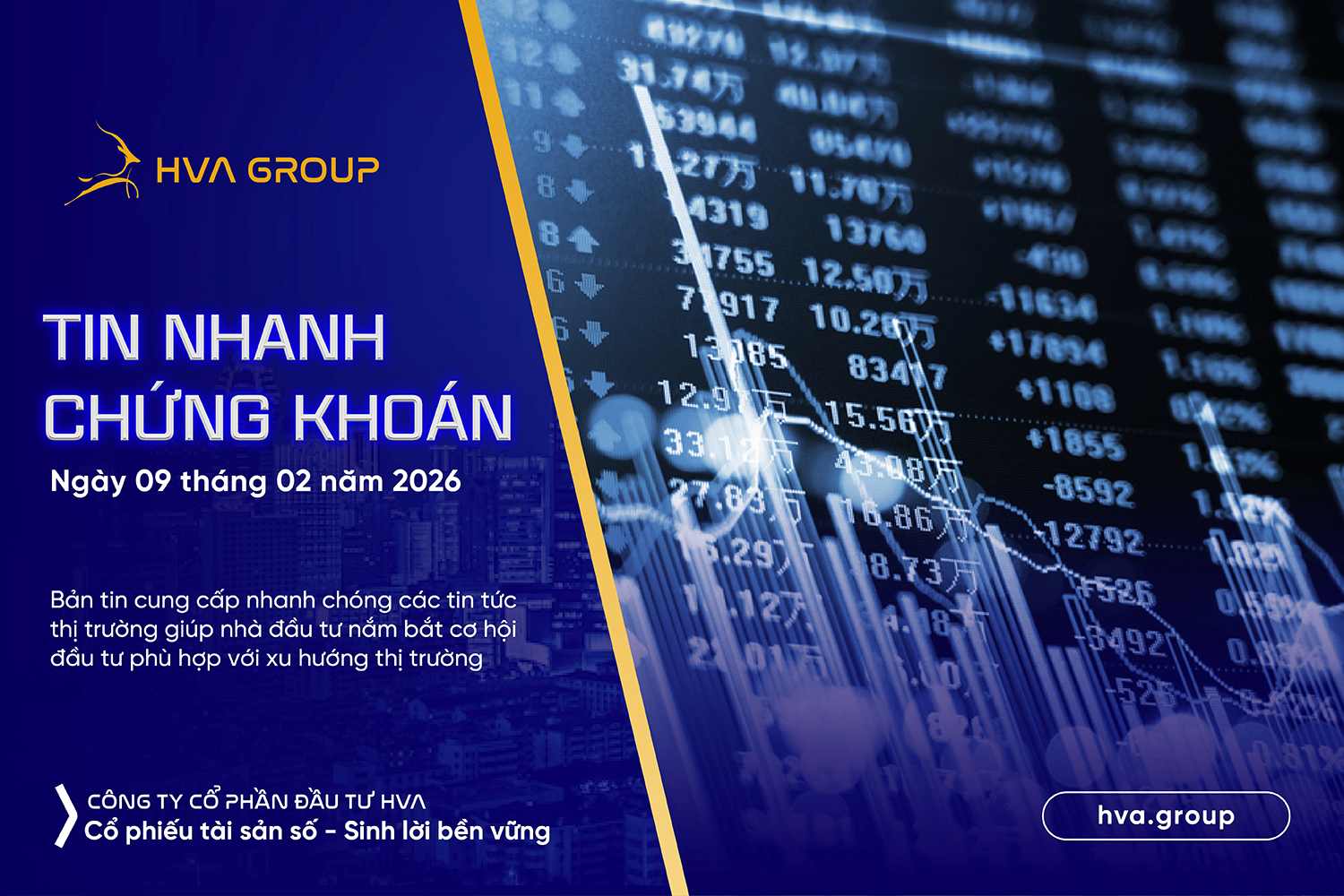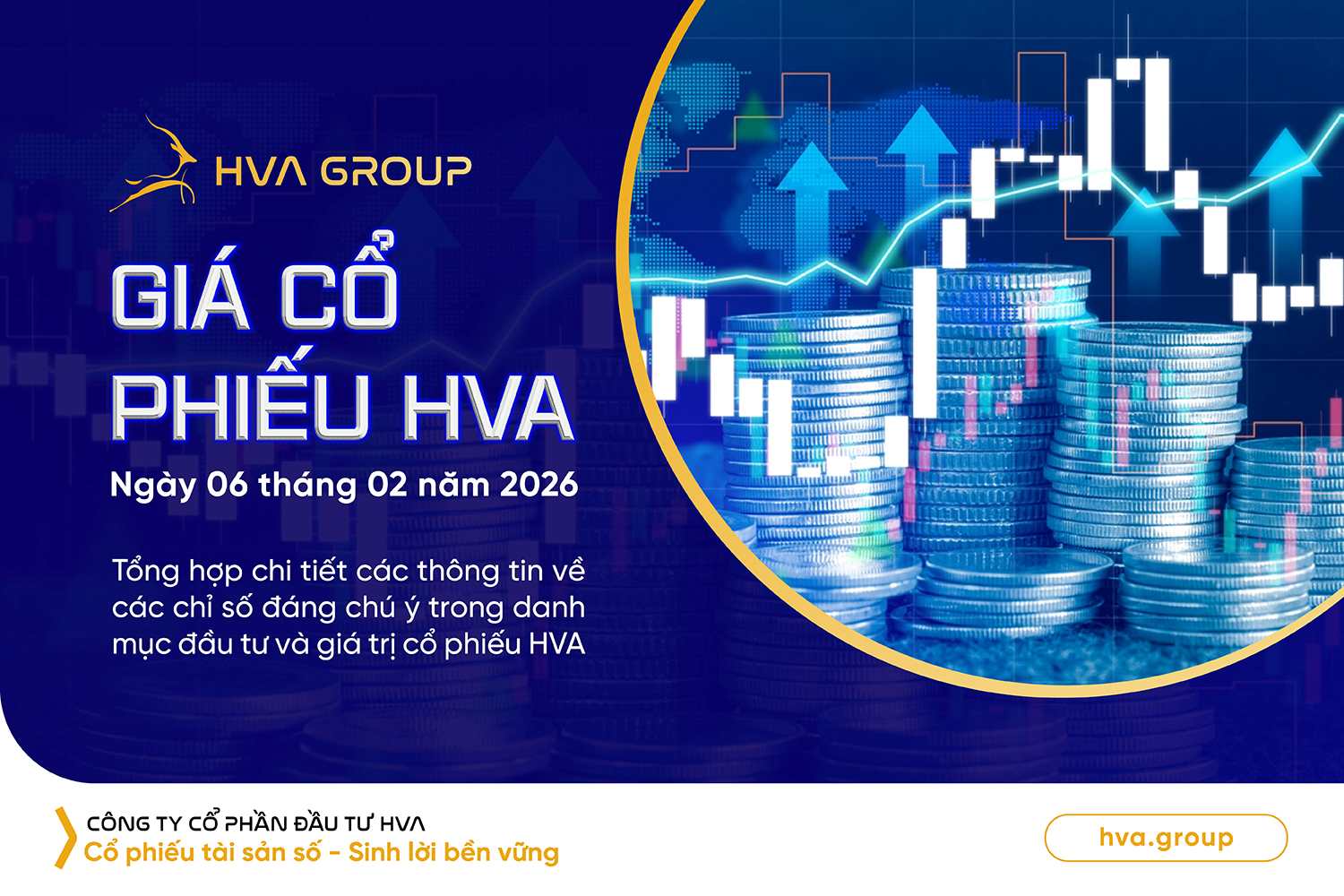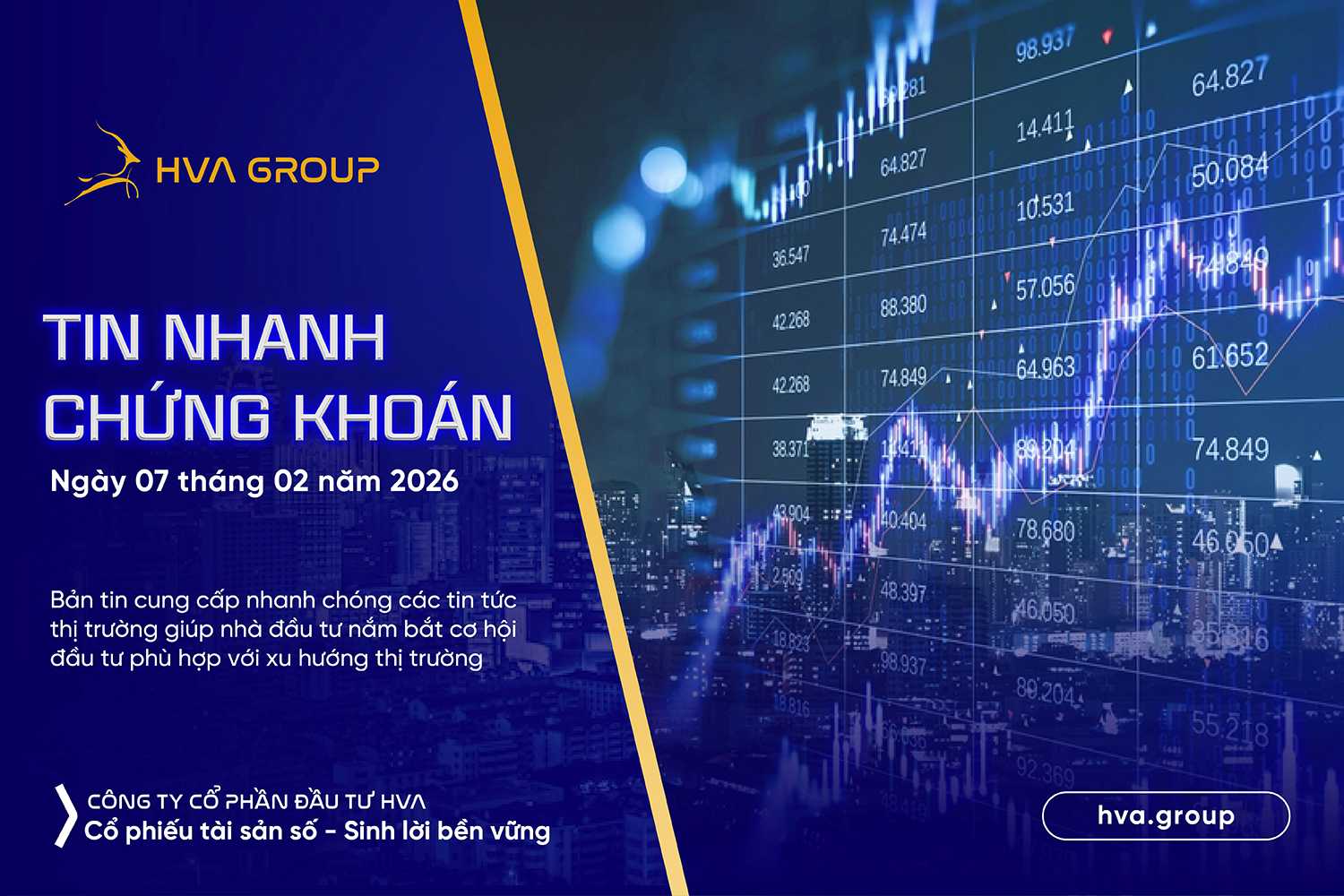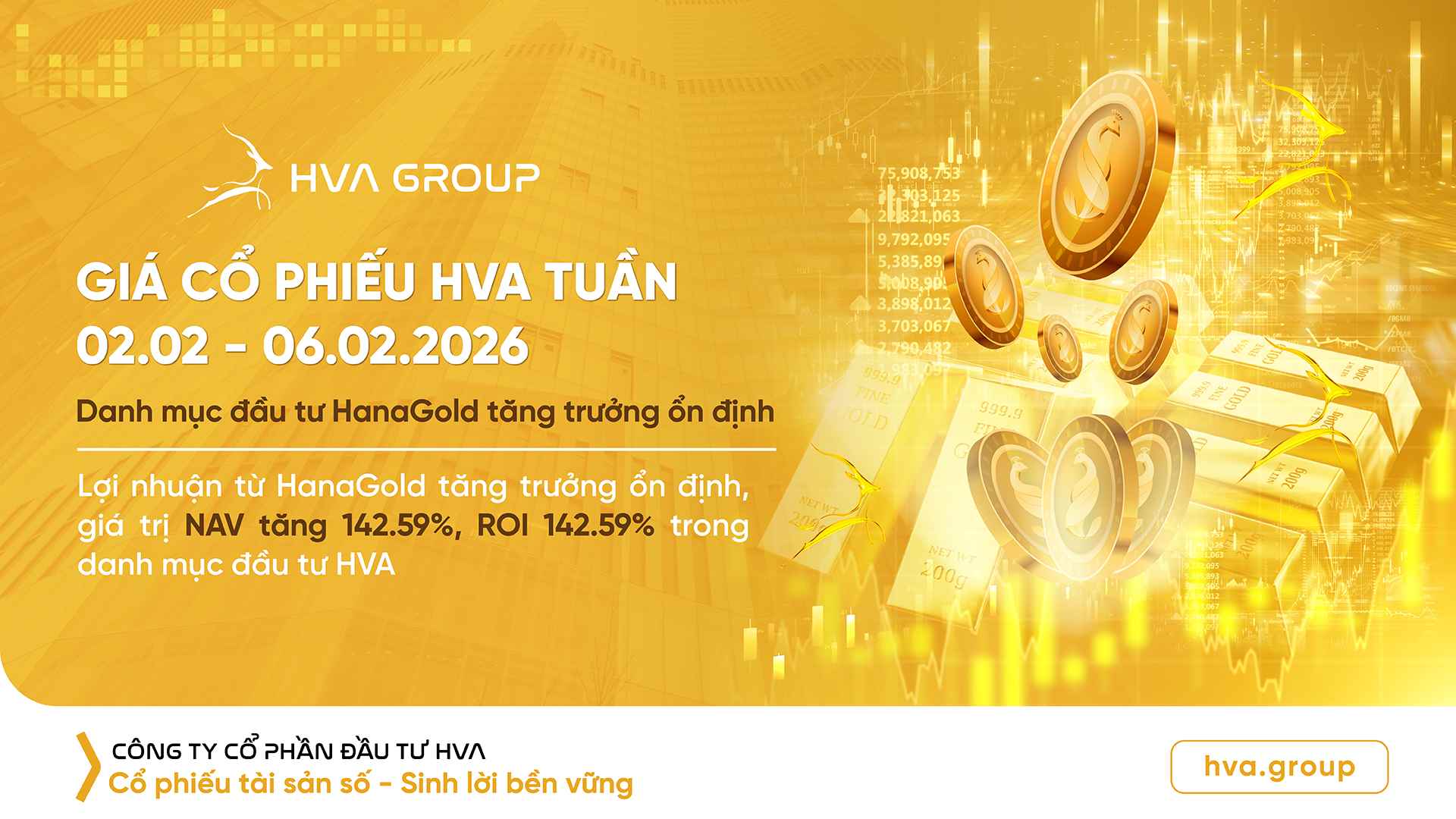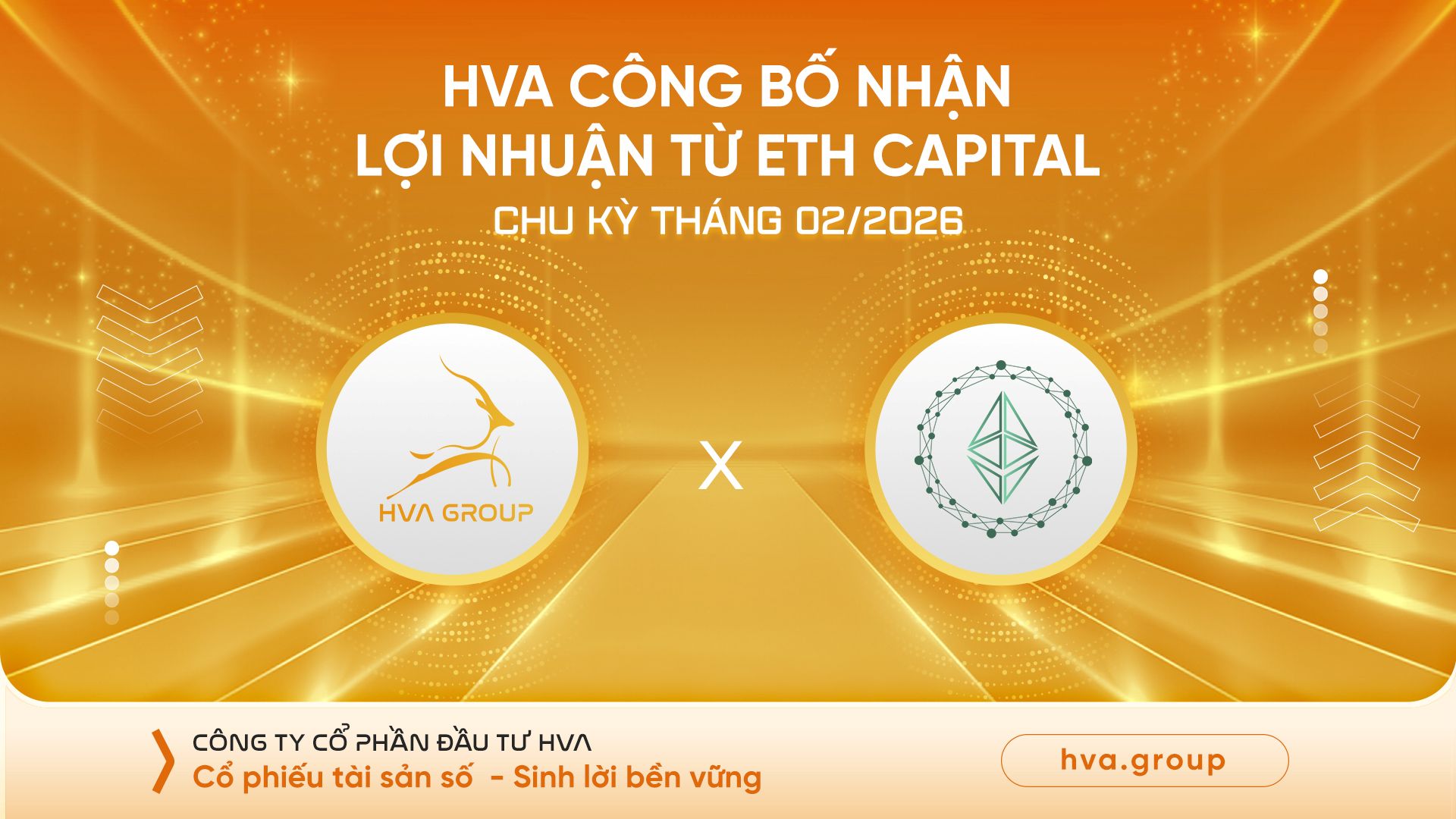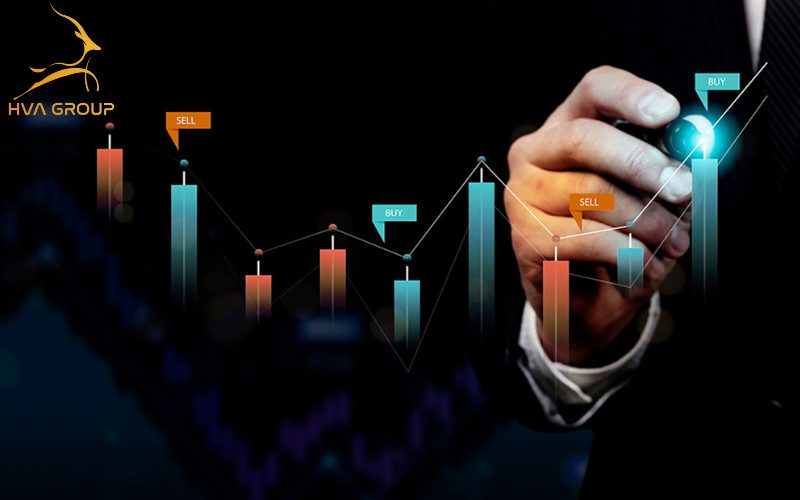
In recent years, the market Vietnam underlying securities has become an attractive destination for investors with its solid growth momentum. This not only reflects a strong recovery after the challenges of the global market but also demonstrates the resilience of the Vietnamese economy in the context of innovation and positivity.
1. What are underlying securities?
Underlying securities is a type of stock listed on the stock exchange. This type of stock belongs to the VN30, HNX30 index or other equivalent alternative indexes. In addition, it must ensure that the average capitalization value in the last 6 months is from 5,000 billion or more (as of the data closing date).
Underlying securities are used as the underlying assets for the formation of warrants and some derivative securities. In English, underlying securities are translated as Underlying Security.
Covered warrants are securities with collateral issued by a securities company. They allow the owner to buy or sell underlying securities to the warrant issuer at a certain price and at a fixed time. Or they allow the owner to receive the difference between the exercise price and the price of the underlying securities at the time of exercise.
The underlying securities of the warrants are stocks listed on the Vietnam Stock Exchange, meeting the criteria on market capitalization, liquidity, free-float ratio, business performance of the underlying securities issuers and other criteria of the State Securities Commission.
Underlying securities must ensure that they meet the following conditions:
- Market capitalization.
- Liquidity.
- Free transfer rate.
- ETF fund certificates listed on the Stock Exchange.
- Business performance of the issuing enterprise.
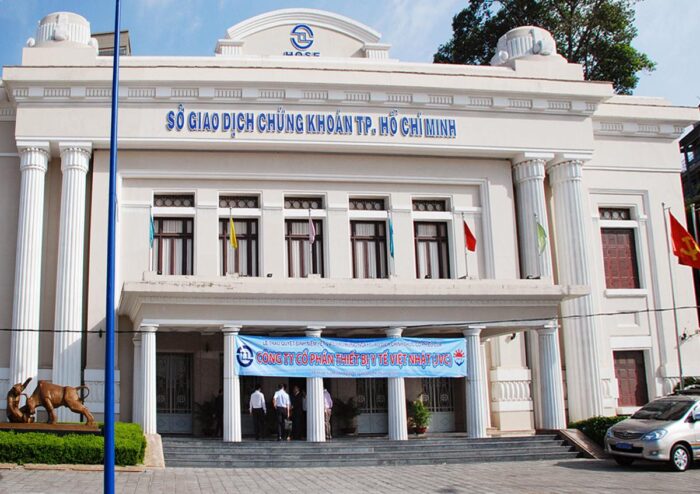
Ho Chi Minh City Stock Exchange
2. Characteristics of underlying securities
Underlying securities, also known as basic securities, have important characteristics that help investors evaluate and decide to invest based on the stability and profit potential of the issuing company. This is especially important in building a diversified and sustainable investment portfolio. Below are the important characteristics of the underlying securities:
- The underlying securities will organize the issuance of securities in the form of financial institutions.
- The terms of trading in the underlying stock market will be determined by the securities issuer, so each place where securities are issued will have different rules.
- To participate in the basic stock market, investors must use activated or currently used accounts for trading.
- The number of underlying securities listed is the volume of stocks and bonds that issuers offer in a certain period of time.
- Underlying securities will not require margin like derivative securities.
- Without ownership of the underlying security, the investor will not have the right to sell it.
- When purchasing underlying securities, investors will have the right to execute transactions, not as an obligation.
- After the transaction is made, the underlying securities will be transferred simultaneously between the financial institution and the investor.
- When trading, there will be no center to offset the risk when the issuing organizations become insolvent. If a loss occurs, the buyer can buy securities at a certain loss, but in other cases, the buyer will lose at an indefinite level.

3. Who can trade Vietnamese basic securities?
In every stock market, buyers and sellers are always present. So, who are the individuals or organizations that can participate in playing on the underlying stock market?
Business Units: Among the participants in the basic stock market, corporate entities play an important role. Company stocks are the main products in this market. Most of the enterprises participate in the stock market for the purpose of raising capital, helping them carry out production and business activities and expand their business scale.
Investors: Investors are individuals or organizations that provide capital to the stock market. They participate with the goal of making a profit from investment activities. These investors can include both those who want to invest for the long term and those who seek short-term profits through buying and selling securities. There are 3 types of investors in the market today:
- Institutional investor.
- Individual investor.
- Foreign investors.
Securities companies: Securities companies are considered intermediaries. They act as financial institutions in the market and carry out brokerage of securities buying and selling transactions. In addition, the companies also take on consulting roles and perform other tasks for investors or some issuing organizations.
Regulatory agencies: These are the agencies that ensure that basic stock players comply with pre-existing regulations. In Vietnam, the main regulator of the stock market is the Ministry of Finance. Next is the State Securities Commission and two specialized agencies: the Stock Exchange and the Securities Depository Center.

4. Distinguish between underlying securities and derivative securities
With OnStocks Securities, let's compare basic securities and derivative securities with the differences shown through: Trading market, types of trading orders, number of issuances/listings, short selling of securities, amount of money needed for trading, types of trading orders, payment cycle... specifically as in the following table:
| No. | CONTENT | UNDERLYING SECURITIES | DERIVATIVE SECURITIES |
| 1 | Trading Market | Spot market: After the transaction is completed, the buyer will immediately receive ownership. | Derivatives market: Buyer and seller agree on price, quantity and make delivery of money/goods or difference on maturity date. |
| 2 | Number of issues/listings | Limited, depending on the issuing organization. | No limit, based on supply and demand of investors. |
| 3 | Deposit | Only trade when there are enough 100% of money and stocks. Investors are allowed to borrow on margin to buy stocks. These stocks must meet the standards to be traded. | Margin is only allowed at a certain ratio compared to the value of futures contracts. Currently, the margin ratio according to VSD regulations is 13%. |
| 4 | Short selling stocks | According to regulations in Vietnam, investors are not allowed to do so or are limited in certain markets. | Executed by entering a short position without owning the underlying asset. |
| 5 | Transaction time | 09:00 – 11:30; 13:00 – 15:00 | 08:45 – 11:30; 13:00 – 14:45 |
| 6 | Amount required for transaction | Equal to the total value of the securities you want to buy. | Just a fraction of the value of the derivative. |
| 7 | Reference price | – Is the closing price of the stock at the previous trading session.– First trading day: The price will be registered by the enterprise and approved by HNX and HoSE. | – Is the final settlement price of the futures contract on the previous trading day.– First trading day: Theoretical price (calculated and announced by VSD). |
| 8 | Time of ownership | Unlimited ownership. | Maximum ownership allowed up to maturity date. |
| 9 | Time of payment by investor (transfer of securities) | Investors pay at the end of the transaction. | Payment at a certain time in the future. |
Hope the above article will help you understand clearly. What is underlying stock?, as well as issues related to the Vietnamese stock market. To avoid unnecessary risks, investors should update their knowledge. Always be confident when deciding to invest in a certain stock market.
5. Vision of basic securities
While the current growth of Vietnam’s underlying equity market is positive, investors should also be aware of the challenges that may arise. These include uncertainties from the global market, while requiring continued vigilance and risk management during the investment process.
Overall, Vietnam’s underlying stock market is on a steady growth trajectory, reflecting the country’s regional and global importance. The flexible combination of supportive policies, diversification, and the ability to face the international market has created a positive landscape for the investment community.
The underlying securities usually belong to reputable businesses or organizations with sufficient financial resources to issue them. However, the short-term investment profits may not be high. Therefore, this may be a good choice for new investors, those without much experience, or those with long-term investment strategies and who prefer safety in the investment process.


